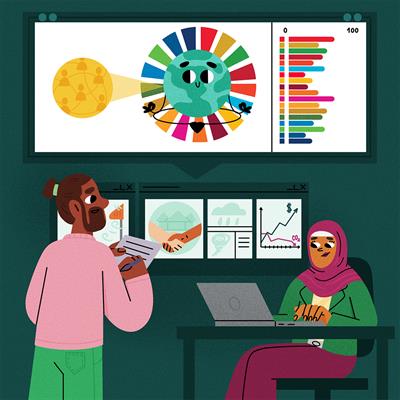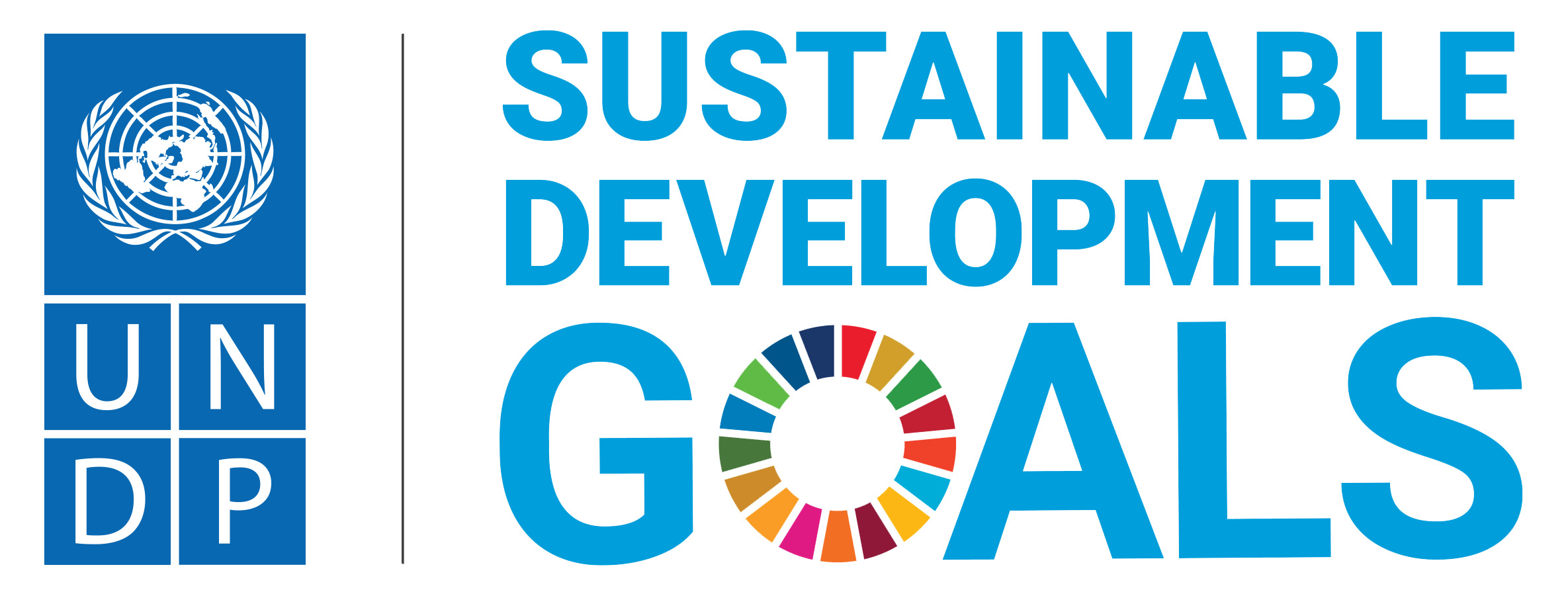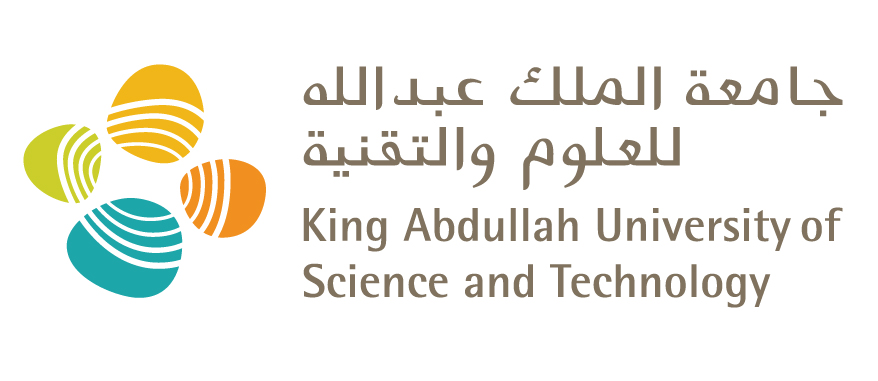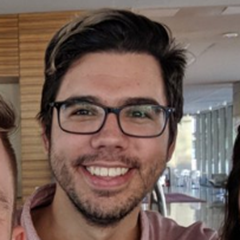
The SDG Collection: How Science Can Help Us To Achieve The Sustainable Development Goals
Collection Editors
Rúben Costa, Rod Wing, Derya Baran, Mani Sarathy, Ana Costa, Jorge Gascon, Susana CarvalhoViews
166,118 viewsParticipating Sections
Abstract Submission Deadline
01.01.2024
Submission Deadline
23.04.2025
Extended Deadline
15.09.2025
Articles

Engineering and Technology
08/08/2025
Towards SDG 17: How 6G Can Help Us To Connect The...
Authors
Hina Tabassum, Vinton G. Cerf, Mohamed-Slim Alouini
Engineering and Technology
07/08/2025
Towards SDG 13: Turning CO2 From a Problem to a...
Authors
Simon Zougheib, Martin Hoecherl, Hussain Alqahtani, P...
Human Health
06/08/2025
Towards SDG 3: How Studying Proteins Helps Treat...
Authors
Mohammed K. Drad, Malissa Underwood, Imed-Eddine Gallouzi
Engineering and Technology
23/07/2025
Towards SDG 10: Wearable Sensors to Help People...
Authors
Montserrat Ramirez-De Angel, Eckaard le Roux, Abdullah S...
Earth Sciences
06/06/2025
Towards SDG 1: Helping Small Farmers by Saving...
Authors
Muhammad Jamil, Mohamed Salem, Salim Al-Babili
Earth Sciences
24/04/2025
Towards SDG 2: Healthy Soil Leads to Healthy Food
Authors
Zulma Lopez Reyes, Dalia Alshahrani, Jovana Cvorovic, Mary...
Earth Sciences
12/02/2025
Towards SDG 14: Protecting and Restoring Our...
Authors
Inês Raimundo, Raquel S. Peixoto
Engineering and Technology
06/02/2025
Towards SDG 9: Using 3D Printing to Make Chemical...
Authors
Marwan Khayyat, Egor Milovanov, Vinicius dos Santos, Carlos...
Engineering and Technology
02/12/2024
Towards SDG 7: Creating Super-Flames With...
Authors
Deanna A. Lacoste, Mhedine Alicherif
Engineering and Technology
28/11/2024
Towards SDG 6: Wastewater Treatment Generates a...
Authors
Bothayna Al-Gashgari, Fatimah Almulhim, Claudia...
Engineering and Technology
13/11/2024
Towards SDG 11: How Urban Greenery Can Help Us...
Authors
Amjad Azmeer, Furqan Tahir, Sami G. Al-Ghamdi
Engineering and Technology
11/09/2024
Towards SDG 16: Safe and Secure Use of Digital...
Authors
Taous Madi, Charalambos Konstantinou, Paulo...
Chemistry and Materials
22/08/2024
Towards SDG 12: Upcycling Biomass and Waste to...
Authors
Lana Bader, Gyorgy Szekely
Earth Sciences
22/08/2024
Towards SDG 15: Using Remote Sensing to Restore...
Authors
Javier Blanco-Sacristán, Kasper Johansen, Matthew F. McCabeAbout this collection


The planet is facing some serious challenges, and Humans are the cause of several of them. We are arguably the most creative creatures on the planet, with brains that allow us to build civilizations and shape the world in big ways…but our creativity is often coupled with unsustainable behaviors - and in our quest to be bigger and better at everything, we started to harm both the planet and people.
To try to solve our sustainability problems, the United Nations (UN) agreed on a set of goals to ensure humans can keep living sustainably. The Sustainable Development Goals (SDGs) are a set of 17 goals we need to achieve by 2030, if we want to live healthy lives on a healthy planet and society. They are a blueprint for a better and more sustainable world for all, and address global challenges we currently face, including poverty, inequality, climate change, environmental degradation, peace, and justice. Made for all countries, and all people, these goals recognize
that ending poverty must go hand-in-hand with protecting our planet.
So how can science help us to reach the UN SDGs? In this collection of articles, you will learn how science plays a key role in helping us to achieve them. From developing new technologies and helping us adapt to climate change to providing data to inform countries on critical issues like health or nature conservation, you will learn how research carried out at KAUST is essential for meeting the challenges of the 21st century and the future ahead of us.
We hope you‘ll get inspired by the amazing discoveries our scientists make every day to solve our global problems and that you start doing your part to help achieve the UN SDGs by sharing the importance of science with everyone. If all of us become aware of the problems we face – and also the solutions being created - we will be able to demand quicker and bolder actions for sustainable development. The clock is ticking!
This Collection is a collaboration between King Abdullah University of Science and Technology (KAUST) and the United Nations Development Program (UNDP) office from Saudi Arabia.
Would you like to submit to this collection?
For researchers interested in submitting to this Collection, please consult our author guidelines and check that you have all the essentials included before submitting









